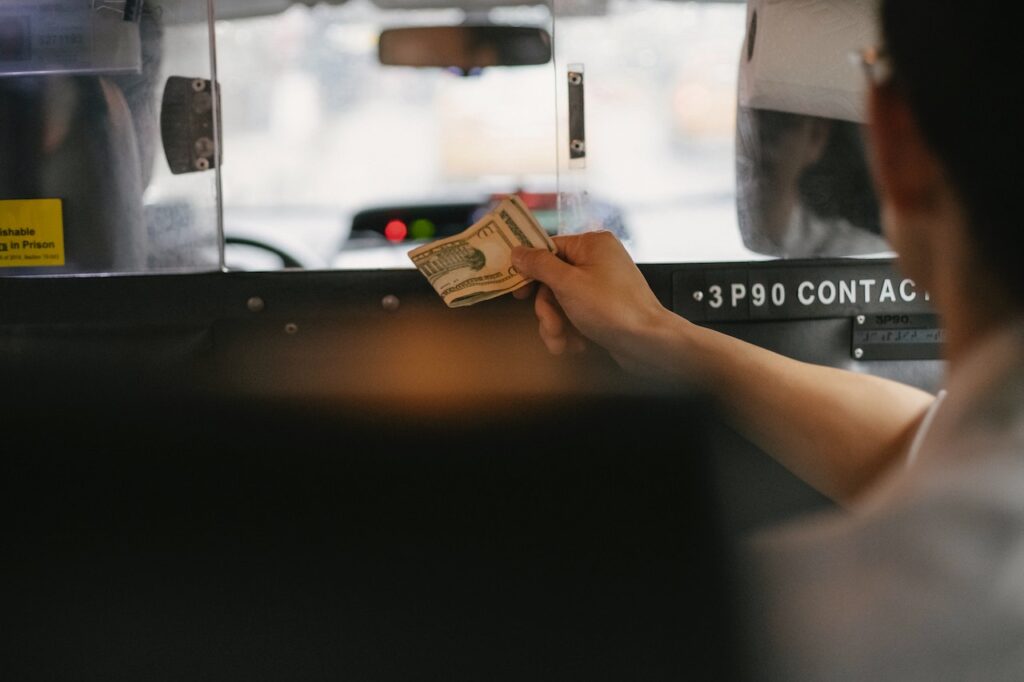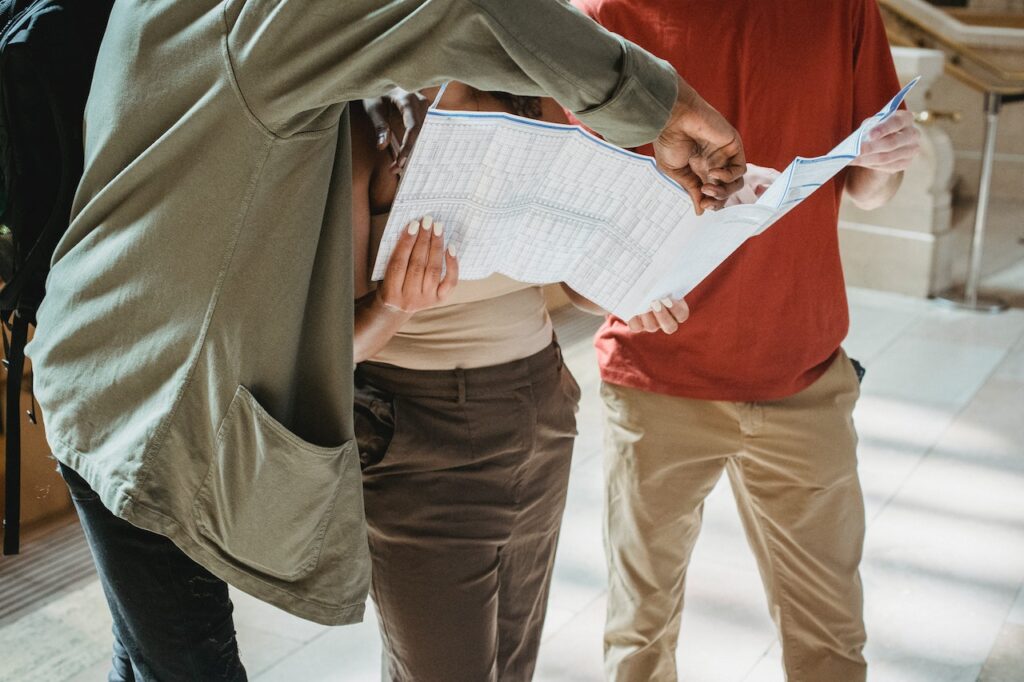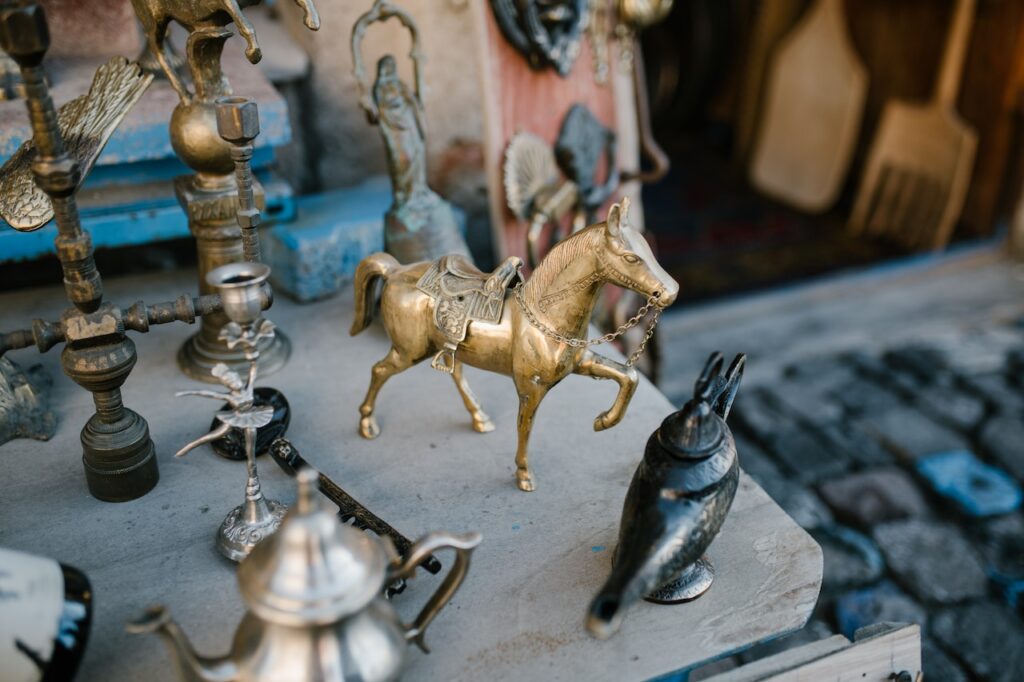As tourists, we want to have a pleasant and unforgettable travel experience. However, in some countries fraud and deception are widespread and difficult to avoid. Scammers and scammers come up with new and creative ways to scam travelers every day, leaving them frustrated. In this article, we will talk about the 30 most common ways to cheat tourists in different countries.
Fake taxi scam
One of the most common scams is the fake taxi scam, where drivers pretend to be taxi drivers and offer to take you to your destination. Often they charge exorbitant fees or take you on a long detour, leaving you with a high bill, or even not in the place you specified. To avoid such scams, always make sure to take an official taxi.

Currency exchange scam
In some countries, scammers deceive tourists by offering to exchange currency at a higher rate. However, often they use counterfeit money or cheat by using a lower exchange rate. Always exchange currency at large exchange offices or banks.
ATM fraud
ATMs are convenient for withdrawing cash, but scammers install skimming devices on them to steal personal information and money. Always use ATMs located in busy and well-lit areas, and cover the keypad when entering your PIN.
Pickpockets
Pickpocketing is a common crime in crowded tourist areas where thieves distract you or create a commotion to steal your wallet or phone. Always be aware of your surroundings and store valuables in a safe and inaccessible place.

Fake police scam
In some countries, scammers pretend to be police officers and ask you to check your documents or search your bags. They may also demand a bribe or threaten arrest if you do not comply. Always ask for ID and insist on calling the official police hotline before cooperating.
Fake guides
Some scammers pretend to be guides and offer their services to tourists. They take tourists to shops or attractions at inflated prices, where they earn commissions. Always hire guides from reputable companies and check their credentials.

Hotel Fraud
There are hotels that overcharge tourists for services or amenities you didn’t use, like minibars or room service. Always check your hotel bill and clarify any discrepancies before paying.
Ticket Fraud
Fraudsters sell fake tickets to popular tourist attractions or events, leaving tourists baffled when they arrive. Always purchase tickets from official sellers or on official websites.
The Free Gift Scam
The scammers offer free gifts, such as bracelets or flowers, but later demand payment or cash rewards. Always refuse offers from strangers, even if they are children, and beware of accepting anything for free.
Fake goods
Fraudsters sell counterfeit goods such as designer bags or watches for next to nothing. Always buy goods from authorized dealers or stores and check their authenticity.

Restaurant scam
Restaurants may inflate prices by adding hidden fees or taxes to the bill. Always check the menu and bill before paying and clarify any inconsistencies.
Charity Fraud
Fraudsters ask for donations to fake charities or causes, making tourists feel guilty or obligated to donate. Always research the organization and check its legitimacy before making a donation.
The street game scam
Scammers invite tourists to gamble on the street, but they always win by leaving tourists deceived. Always turn down invitations to play games with strangers.

Counter fraud
Taxi drivers may spoof the meter to show a higher fare or claim it is broken and charge a flat fee. Always check the meter is working and ask for a receipt or proof of fare before paying.
Fake housing
Fraudsters advertise fake accommodation online or on the street, demand payment in advance, and disappear without providing any service. Always book on websites or reputable agents and read reviews from previous guests.
Swap Fraud
Fraudsters advertise a product, but change it to another or low-quality one. Always check the details of the product before paying and avoid offers that seem too good to be true.
Parking fraud
Some parking attendants charge parking fees or claim that their car has been parked longer than it actually is. Always keep an eye on the time and check the cost of parking before leaving.
Fake discount scam
Fraudsters offer fake discounts or sales, often limited time or limited quantities, to convince tourists to purchase their products. Always check the actual cost of an item and compare prices before buying.
Hotel booking fraud
Fraudsters contact tourists and pretend to be hotel representatives, demanding to provide information about themselves and a credit card to confirm the reservation. Never share personal information, much less credit card information, over the phone. Always call the hotel back and clarify the reason for such a request before providing personal information.
Fake antiques
In many tourist areas, you may be sold items that are advertised as authentic and of great historical value, but are actually fakes or low-quality imitations. Such goods can be difficult to distinguish from the real ones, so it is important to understand what and why you are buying.

Tourists are often scammed in different countries, so you need to be careful and careful not to be deceived. Always research and plan your trip in advance, use trusted companies, websites and agents, and be aware of common scams and scams. Keep an eye on your belongings and valuables and avoid carrying large amounts of cash with you. Don’t be afraid to ask questions and haggle about the price, and always trust your intuition if something seems too good to be true.
If you are vigilant and informed, you will be able to enjoy your travels without becoming a victim of scammers and deceivers. Don’t forget to have fun, explore new cultures and recharge with new experiences.
Questions and answers
What are the common scams and scams tourists face?
Some of the common scams and scams that tourists encounter include pickpocketing, fake tickets or tours, overpriced goods or services, fake accommodations, and tourist traps.
What should I do if I am a victim of travel scam?
If you have been the victim of travel scams, contact your local authorities and report the incident. Try to collect as much information as possible, the scammer’s name, description, and any identifying information. Contact your bank or credit card company to report unauthorized charges or transactions.
Can travel insurance protect me from travel scams?
While travel insurance may provide some protection in certain cases, such as theft or loss of personal items, it may not cover fraud and deception. Always read policy details carefully before purchasing travel insurance.
How can I protect myself when traveling alone?
To stay safe when traveling alone, always research and plan your trip ahead of time, don’t carry large amounts of cash or valuables, stay in well-lit and busy areas, and trust your gut. Stay in touch with family and friends and let them know about your itinerary and plans.